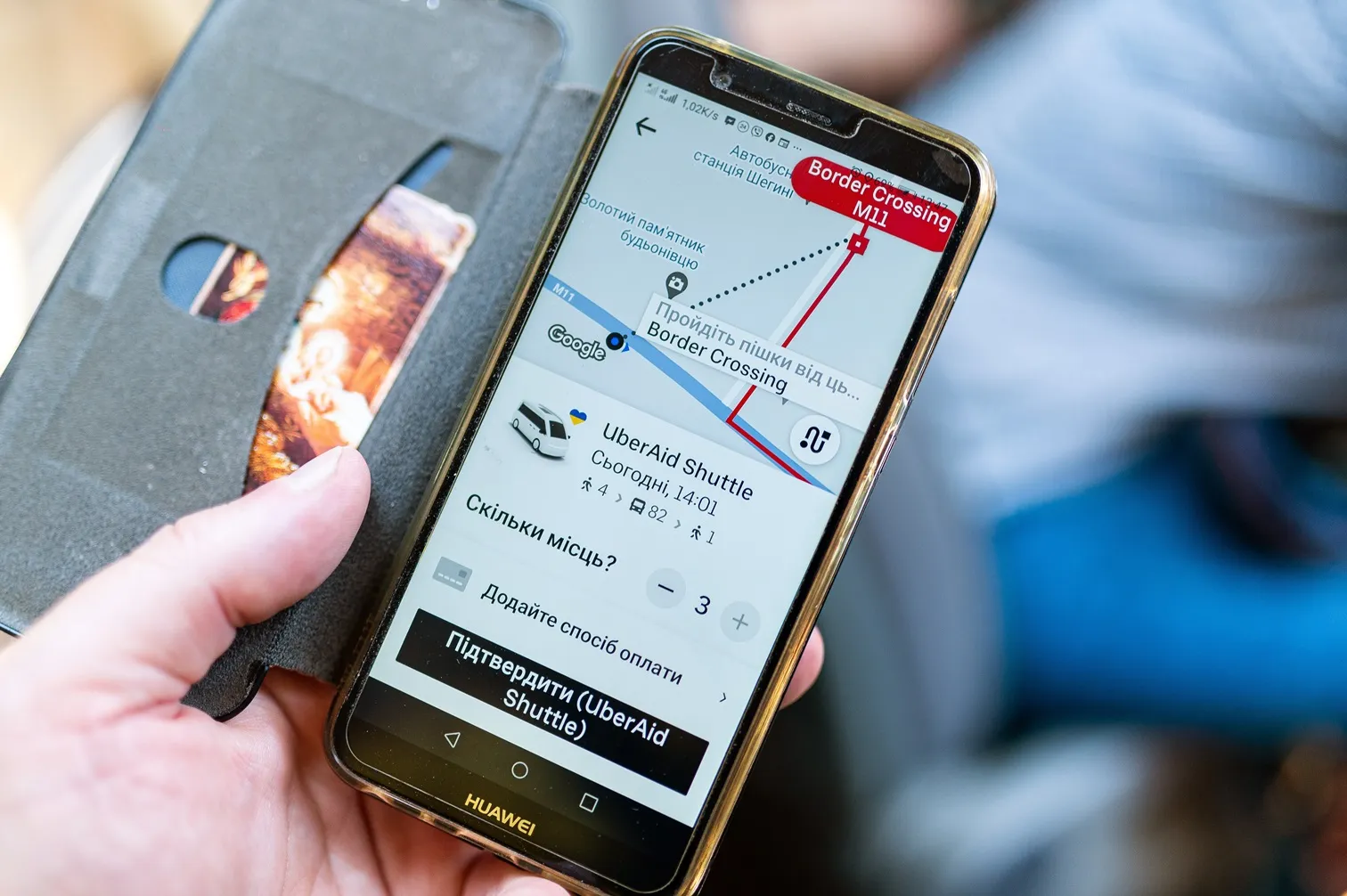
Yet, as you will read, our MaaS Market Conference was told time and again that resistance to change often comes from within – be that from separated and siloed transport modes, individual transport operators or even commercial operations. But the travelling public does not subscribe to this neatly segregated and isolated world, they just want to move from A to B by the easiest and most convenient way possible – as illustrated by the rise of taxi-hailing apps such as Uber.
With the ‘convenience’ bar now raised, there is no going back. But in todays congested cities not everybody can go everywhere in a taxi or their private car, so public transport has to raise its game to meet peoples’ new expectation levels and the only way to do this is by using multi-modal solutions.
Add to that mix the seemingly endless increase in the urban population and it is clear that ‘business as usual’ is no longer an option for city authorities and national governments. Either transport authorities climb out of their siloes and focus on traveller convenience or they will be side-lined by the new service providers.
Demolishing those siloes now will be disruptive and potentially even painful in the short-term but the resulting organisations will be far better placed to provide for, and administer, the transport systems people want today and will demand tomorrow.









